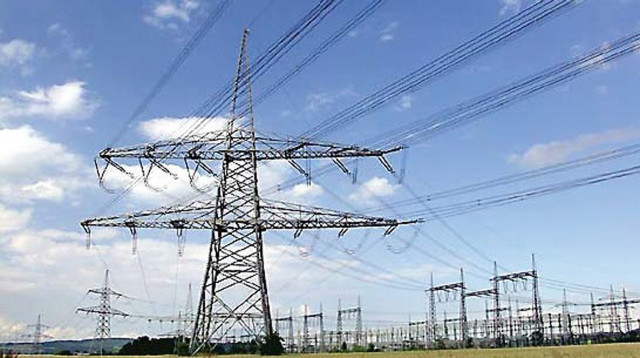Electricity bills expected to soar
KESC submits a request to Nepra for permission to increase its charges.

Electricity bills expected to soar
Following a 50 per cent increase in the electricity bills over the last two years, KESC’s latest decision will add to the already unprecedented increase in the cost of electricity as people are being forced to pay more and more every month in the shape of fuel-adjustment charges, sources added.
While people were paying 87 paisas per unit in fuel surcharge in 2009, the amount was increased to Rs2 per unit in 2010. Similarly, people, using 200 units of electricity were paying Rs1.7 per unit in 2009 and are now paying Rs3.24 per unit while people using 300 units were paying Rs2.88 per unit in 2009 and are now paying Rs4.86 per unit.
On June 7, Nepra approved a Rs 1.7 per unit increase in the KESC tariff. Nepra allowed the increase in line with its fuel adjustment formula and a formal notification was issued.
It said that the time that the increase from six paisas to Rs1.70 would be inducted in electricity bills in phases, from June to December. According to Nepra, the new tariff would not be applicable on life line consumers.
Meanwhile, the Karachi Energy Conservation Programme is a new social service initiative for Karachi’s energy usage policy, with a principal goal of saving 200MW of electricity in the city by 2011.
In court
In June, KESC had begged the Sindh High Court to lift a stay order on an increase in the tariff. KESC had pleaded the court to remove the interim stay on levying Fuel Adjustment Charges.
The division bench was hearing four identical petitions against the KESC and Nepra that challenged the privatisation of the utility and the proposed increase in the tariff.
Replying to the court’s queries on petitions against the utility, KESC said that the stay, issued by the court on June 17, was causing financial losses to the company. In its defence, KESC’s counsel Kumail Sherazi contended that they only receive 10 per cent of their total energy supply from Wapda and that fuel is used in every method of energy generation.
The KESC submitted new documents and statistics and looked to pass the blame on to Nepra, arguing that the power ulitilty cannot increase tariffs itself and that the decision was approved by Nepra. “Hence, we cannot be held responsible,” submitted KESC.
Despite the KESC’s pleas, the two-member bench, comprising Chief Justice Sarmad Jalal Osmany and Justice Tufail H Ebrahim, adjourned the hearing for one day (to June 24), and kept in place the stay on the KESC’s tariff increase.
Nepra’s counsel Anwar Kamal and KESC director tariffs Abdur Rauf also appeared in court.
Published in The Express Tribune, October 4th, 2010.


















COMMENTS
Comments are moderated and generally will be posted if they are on-topic and not abusive.
For more information, please see our Comments FAQ